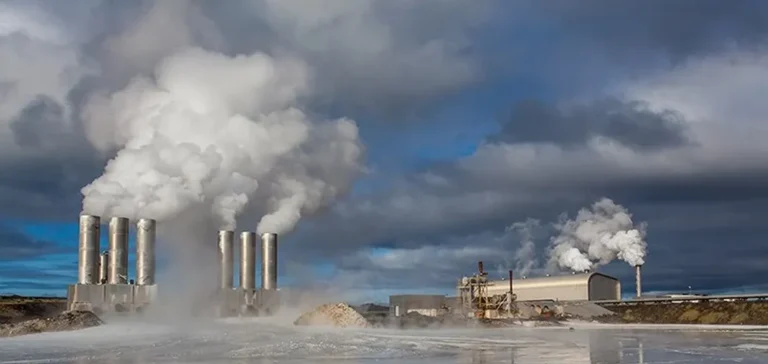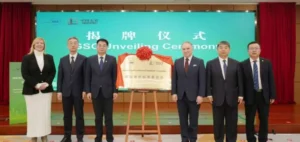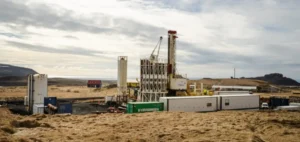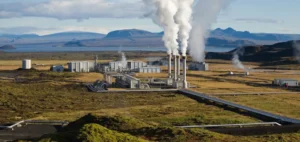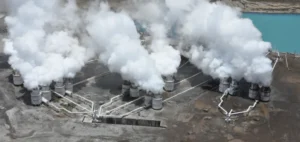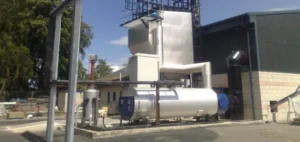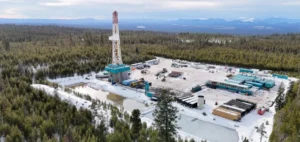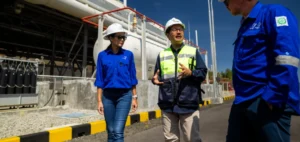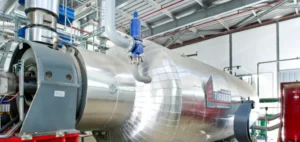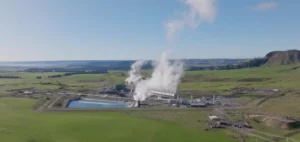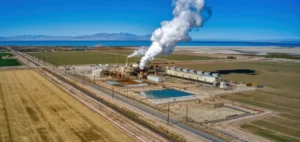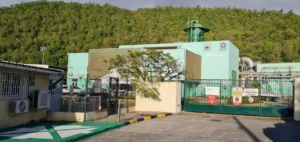The global geothermal energy market is experiencing marked acceleration, with an expected valuation of $13.56bn (EUR12.5bn) by 2030, compared to an estimated $9.81bn (EUR9.05bn) for 2024. This growth, driven by an average annual rate of 5.3%, results primarily from the increasing adoption of geothermal energy for electricity generation and the heightened demand for geothermal heating solutions as energy costs rise.
Binary cycle technology takes centre stage
Binary cycle power plants now occupy the leading position in the technological segment of the global geothermal market. This process, suitable for geothermal resources with temperatures between 100°C and 170°C, is gaining popularity due to its capacity to exploit low-temperature deposits, while releasing almost only steam. The development of this technology has opened new regions to geothermal exploitation, contributing to the sector’s expansion.
Predominance of low temperature applications
The low temperature segment dominates the market, supported by the capacity of modern facilities to harness new types of geothermal reservoirs for electricity generation and cogeneration. The evolution of equipment thus enables the multiplication of exploitable sites, particularly in regions historically endowed with low temperature resources. This trend encourages the expansion of geothermal heat pumps and meets the demand from both residential and industrial sectors.
Asia-Pacific region confirms its leadership
The Asia-Pacific region is currently the most dynamic area in the geothermal market. Several countries, including Indonesia and New Zealand, have abundant resources and are investing heavily in project development. China has emerged as the world’s largest user of geothermal heat pumps, focusing its efforts on district heating and industrial uses. Indonesia has multiplied the commissioning of geothermal power plants over the past decade to meet its growing energy needs.
Global presence of industrial players
Major companies are shaping the sector, such as Ormat, an integrated player operating in more than 100 countries and present throughout the entire geothermal value chain. Mitsubishi Heavy Industries is also strengthening its position through subsidiaries specialising in geothermal systems. These groups offer solutions for electricity production, energy storage, and thermal applications, supporting sector growth on a global scale.
The demand for low-emission systems and the need for energy independence are driving new investments in geothermal energy, as heating costs and the necessity to secure electricity supply remain challenges for many states.


